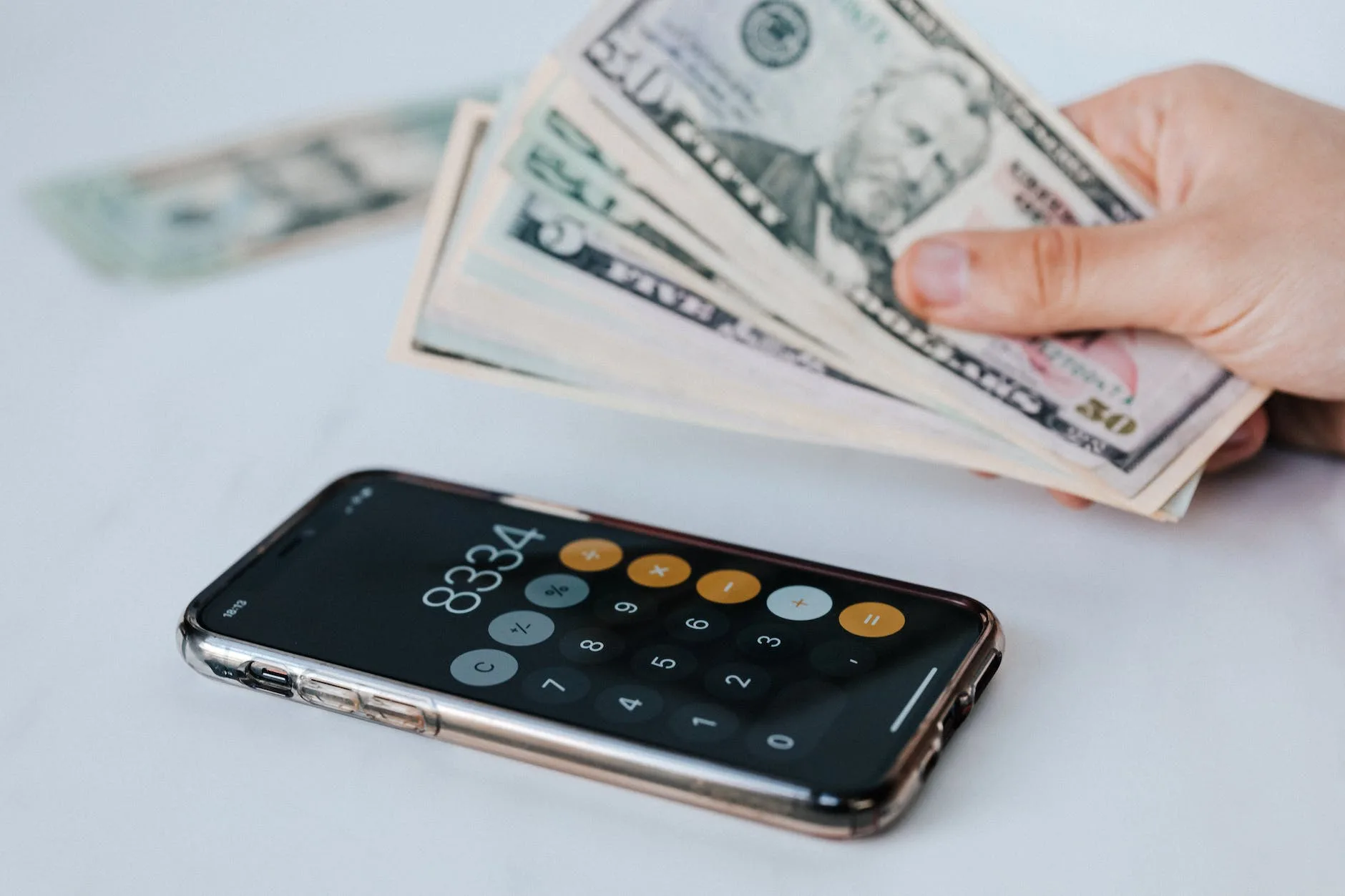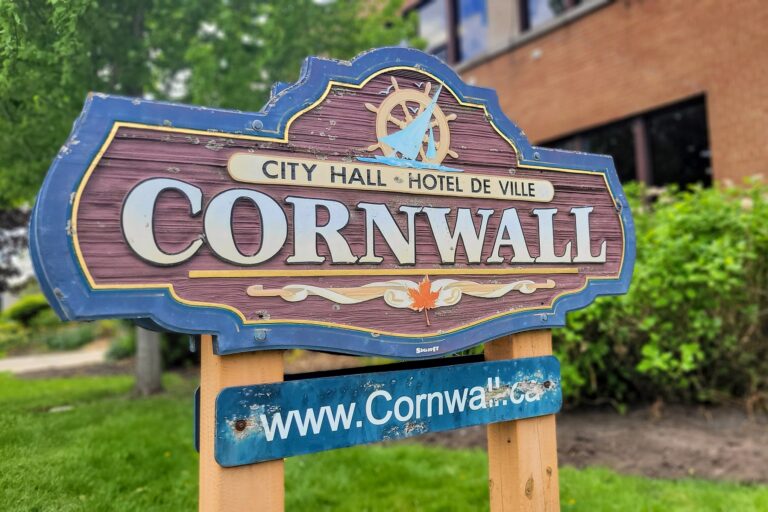
Photo by Karolina Grabowska on <a href="https://www.pexels.com/photo/crop-faceless-person-with-cash-and-calculator-app-on-smartphone-4386292/" rel="nofollow">Pexels.com</a>
Debt is money owed to a lender or another party, typically with interest and fees that must be paid back.
Debt can come in many forms and results from borrowing money to purchase goods or services. Understanding the terms and conditions associated with debt is essential before taking on any additional obligations.
Debt is mainly of two types: secured debt and unsecured debt.
Secured debt uses collateral, such as a home or car, to guarantee repayment if the borrower does not repay their loan. Unsecured debt does not require collateral but may have higher interest rates due to greater risk for the lender.
Financial difficulties can result from taking on too much debt or the inability to make payments on time.
When this happens, it can be challenging to pay off debts, credit scores may drop, and debt collectors may become involved. In extreme cases, too much debt could lead to bankruptcy or legal action against you for nonpayment.
Tips and Strategies to Get Out of Debt
Getting out of mounting debt can be challenging, but it is possible. You can manage your debt and achieve financial freedom with the right advice, techniques, and tools.
Continue reading for a few advice pieces and debt relief techniques.
Develop a Plan
The first step to getting out of debt is developing a plan that works for your situation. Depending on your debt, this could involve taking out a consolidation loan or creating a budget to manage your spending better.
Start by listing all of your debts and the associated interest rates. This will help you prioritize which debts should be paid off first.
Once you have an idea of what needs to be done, create an actionable plan that outlines exactly how much money needs to be paid each month and what debts should be tackled first.
It’s also important to consider if there are any expenses or activities that can be cut back to free up more money each month for paying down your debts.
Creating a Budget
Making a budget is the first step in debt relief. You can develop better spending habits and a better understanding of where your money is going by creating a budget.
Start by keeping track of all your earnings and outgoing costs for at least a month. This will enable you to see your financial situation as it is right now. Once you have identified how much money comes in each month, figure out how much you need to pay off your monthly debts.
Regarding your budget, this should come first, followed by everything else. Make sure to account for needs such as groceries, gas, utilities, etc., but only buy essential things.
When you’ve made a budget, follow it! This will ensure you stay caught up on your debt repayment.
Consolidate Loans
One of the best ways to get out of debt quickly is to consolidate loans. Consolidating multiple loans into one payment can make budgeting easier and also helps simplify monthly payments.
Rather than having individual interest rates that all vary and must be managed individually, consolidating brings down the overall interest rate by combining existing balances – making it easier to tackle a particular debt problem.
Furthermore, since only one payment needs tracking instead of multiple payments across different borrowers, those struggling with numerous loan repayments can reduce their burden by considering loan consolidation options.
Make Lump-Sum Payments Whenever Possible
One of the best ways to get out of debt quickly and stay debt-free is to make lump-sum payments whenever possible. Not only does this strategy save you time as it eliminates interest costs, but it also helps build a solid financial future.
Making even one lump-sum payment can help reduce the total balance you owe each month, accelerating the repayment process and allowing you to be debt-free sooner.
It also shows potential lenders that you are serious about paying off your debts, which could lead to better credit ratings.
We also suggest you know the difference between Consumer Proposal vs Bankruptcy.
Resources For Professional Consultation Regarding Debts
If you cannot manage your debts or need additional assistance beyond what has been discussed above, consider contacting one (or more) of these organizations for help.
Credit Canada: Credit Canada is a non-profit organization that provides credit counseling, debt management, and financial education services to individuals and families in Canada. They offer a wide range of services to help people get out of debt, improve their credit scores, and achieve financial stability.
Credit Counseling Society: They offer a wide range of services to help people get out of debt, improve their credit scores, and achieve financial stability. CCS has a team of certified credit counselors who are trained to provide expert advice and support to those in need of help. They provide free credit counseling sessions, where individuals can discuss their financial situation and develop a customized debt management plan
Consolidated Credit Counseling Services of Canada: A nonprofit organization that provides credit counseling, debt management, and financial education services.
Conclusion
Taking control over your finances doesn’t have to be overwhelming or intimidating – if you have the right tools, it can be pretty empowering!
The key is ensuring that you have an actionable plan that considers all relevant factors such as income level, spending habits, and amount owed in debts so that realistic goals can be set for becoming debt-free as quickly as possible.
You can regain control over your finances with commitment and dedication, so don’t give up. Many resources offer helpful advice and tips on getting out of debt, including professional advisors, credit counseling services organizations, and even online guides from trusted sources.
So don’t wait any longer – start taking steps today toward achieving financial freedom!













